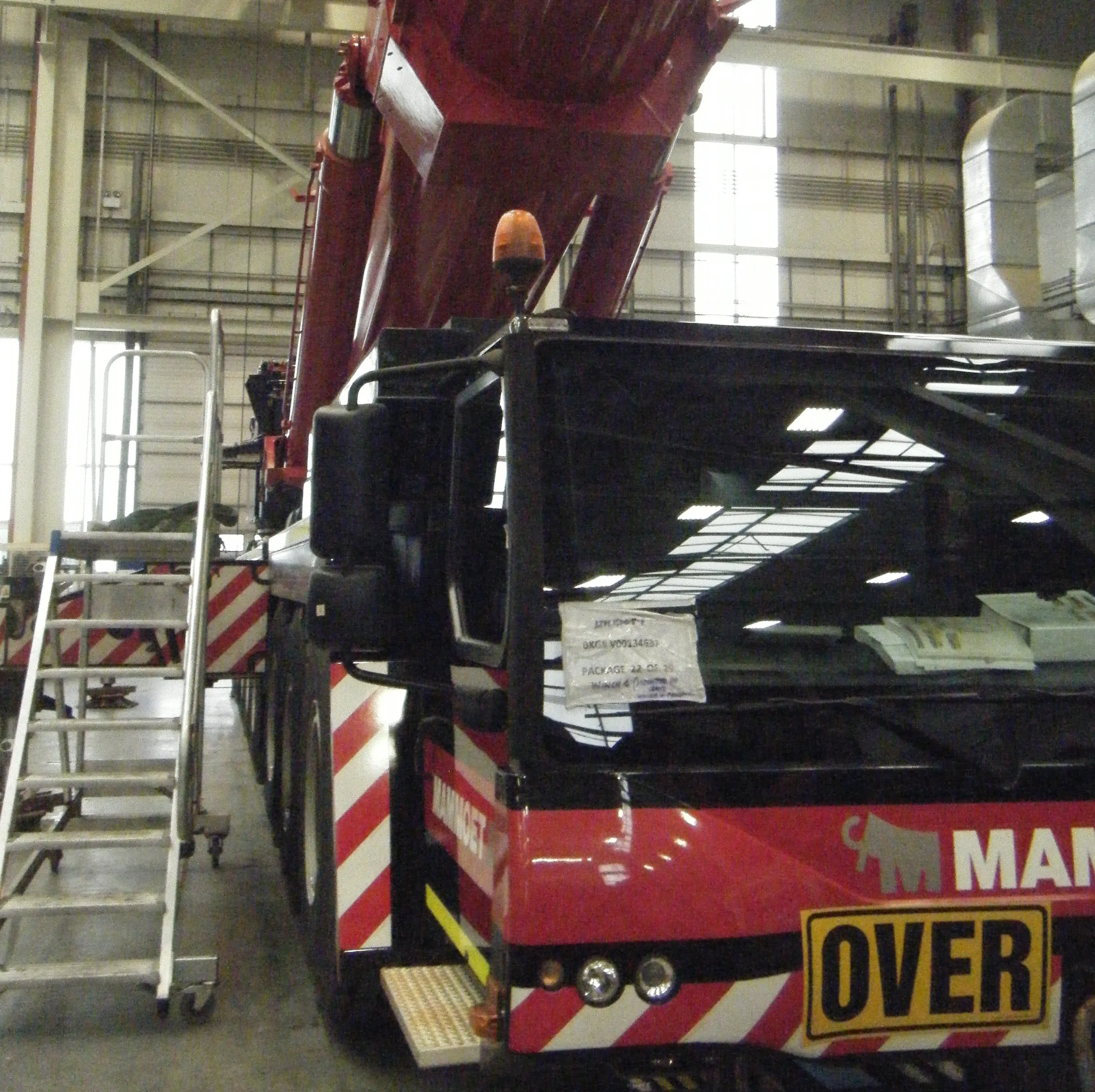
The president of the European construction machinery manufacturer’s association, CECE, is calling for standardisation of roading requirements for construction equipment. The new CECE president, Niklas Nillroth, held a high-level meeting at the European Commission (EC) highlighting the importance of legal proposals for EU harmonisation of road use requirements on mobile machinery. Nillroth pointed out on the unacceptable hole in the EU Single Market with national homologation systems that diverge, adding costs and administrative burdens for equipment manufacturers. CECE says it is requesting reassurances on the process of political validation for its proposal. Indeed, since the 2020 EC Work Programme did not include road circulation, concerns were being raised about raising awareness of the new EC’s political leadership on industry’s request to legislate in this area.
CECE highlighted the findings of a recent study commissioned by the EC to investigate the economic benefits from potential EU harmonisation. The sector’s compliance costs for road homologation - now standing at € 6 billion over a 10-year period, could be reduced by roughly 20% in case of EU harmonisation.
There is a need to solve an issue within the Single Market and there is strong push by industry as well as approval by Member States on this EU legislative action.
Different EU nations to have very different rules regarding roading requirements for construction machines. In some countries, wheeled machines can be used on road as long as they have suitable lights and are road registered with a licence plate. In others, special lighting systems may be required along with stickers showing the maximum speed of the vehicle. The maximum speed at which construction machines may be driven on road also varies across the EU. And perhaps most complex of all are the bewildering array of requirements relating to the use of truck cranes, rough terrain cranes and all-terrain cranes for road use.








